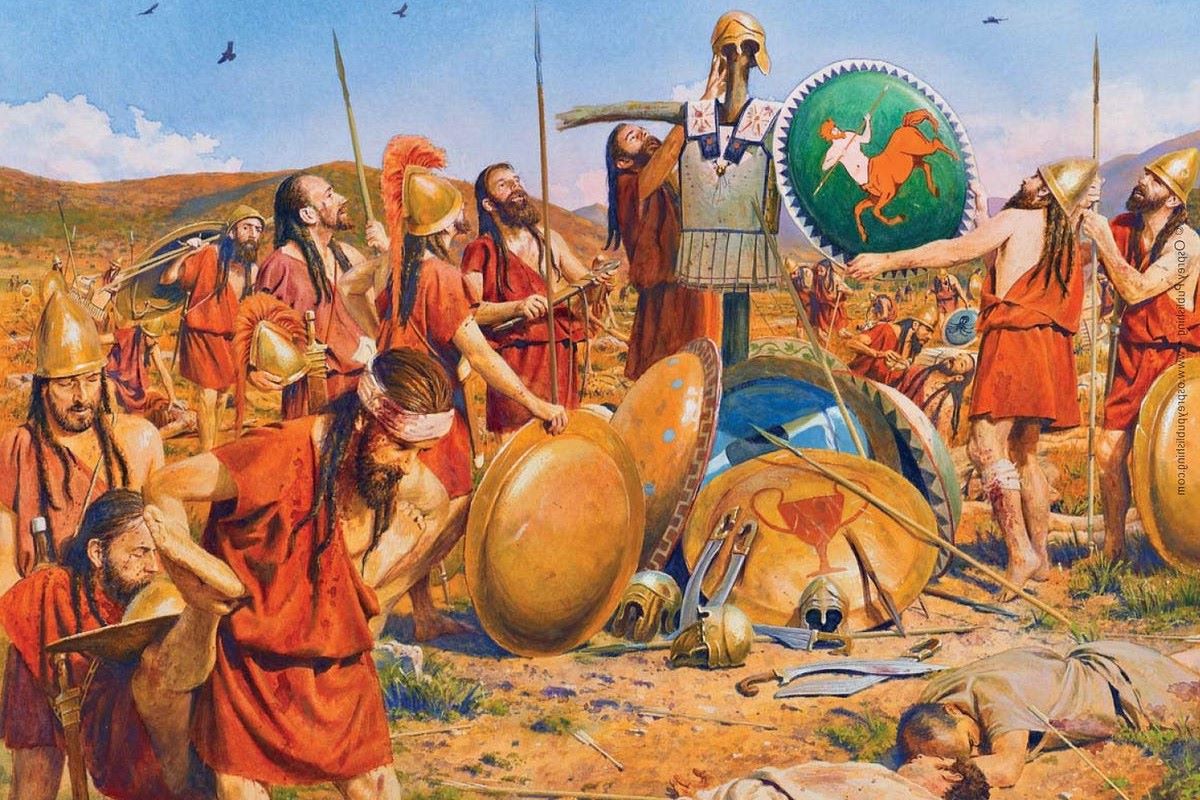
What was the Peloponnesian War? The Peloponnesian War was a brutal conflict between Athens and Sparta, lasting from 431 to 404 BCE. This war saw two powerful Greek city-states clash over dominance, dragging much of the Greek world into their struggle. Athens, with its mighty navy, faced off against Sparta's superior land forces. The war wasn't just about battles; it involved politics, alliances, and even plagues. Why did it start? Tensions over power and influence in the Greek world sparked the conflict. What were the consequences? The war left Greece weakened, paving the way for future conquests by outside forces like Macedonia.
The Peloponnesian War: An Overview
The Peloponnesian War was a monumental conflict in ancient Greece, fought between Athens and Sparta. This war reshaped Greek history and left a lasting impact on Western civilization. Here are some fascinating facts about this epic struggle.
Causes of the War
Understanding the reasons behind the Peloponnesian War helps grasp its significance.
-
Rivalry Between Athens and Sparta: Athens and Sparta were the two most powerful city-states in Greece. Their rivalry for dominance led to inevitable conflict.
-
Delian League vs. Peloponnesian League: Athens led the Delian League, an alliance of city-states, while Sparta headed the Peloponnesian League. These alliances created a polarized Greek world.
-
Economic and Political Tensions: Athens' growing power and wealth threatened Sparta and its allies, leading to increased tensions and eventual war.
Key Battles and Strategies
The Peloponnesian War saw numerous battles and strategic maneuvers that defined its course.
-
Battle of Sybota: This naval battle in 433 BC was one of the largest of its time and escalated tensions between Athens and Corinth, a Spartan ally.
-
Siege of Plataea: In 429 BC, Sparta besieged the Athenian ally Plataea, showcasing the brutal nature of the war.
-
Battle of Sphacteria: In 425 BC, Athens captured hundreds of Spartan soldiers, a significant blow to Spartan morale.
-
Sicilian Expedition: Athens' disastrous attempt to conquer Sicily in 415-413 BC weakened its military and morale significantly.
Notable Figures
Several key individuals played crucial roles in the Peloponnesian War.
-
Pericles: The Athenian leader who guided Athens during the early years of the war, known for his strategic acumen and oratory skills.
-
Alcibiades: A controversial Athenian general who switched sides multiple times, influencing the war's course.
-
Lysander: The Spartan admiral whose naval strategies led to the eventual defeat of Athens.
Consequences of the War
The aftermath of the Peloponnesian War had profound effects on Greece and beyond.
-
Fall of Athens: Athens' defeat in 404 BC marked the end of its golden age and the rise of Spartan dominance.
-
Economic Decline: The war devastated the Greek economy, leading to widespread poverty and instability.
-
Cultural Impact: The war inspired numerous works of literature and philosophy, including Thucydides' "History of the Peloponnesian War," which remains a crucial historical source.
The Lasting Impact of the Peloponnesian War
The Peloponnesian War left a significant mark on ancient Greece. It reshaped the political landscape, leading to the decline of Athens and the rise of Sparta. This conflict also showcased the brutal realities of war, with widespread destruction and loss of life. The war's end didn't bring lasting peace; instead, it set the stage for further conflicts and power struggles. Philosophers like Thucydides documented the war, providing valuable insights into human nature and the consequences of political decisions. The lessons from this ancient conflict still resonate today, reminding us of the complexities of war and the importance of diplomacy. Understanding the Peloponnesian War helps us appreciate the intricate history of Greece and the enduring impact of its ancient struggles.
Was this page helpful?
Our commitment to delivering trustworthy and engaging content is at the heart of what we do. Each fact on our site is contributed by real users like you, bringing a wealth of diverse insights and information. To ensure the highest standards of accuracy and reliability, our dedicated editors meticulously review each submission. This process guarantees that the facts we share are not only fascinating but also credible. Trust in our commitment to quality and authenticity as you explore and learn with us.


